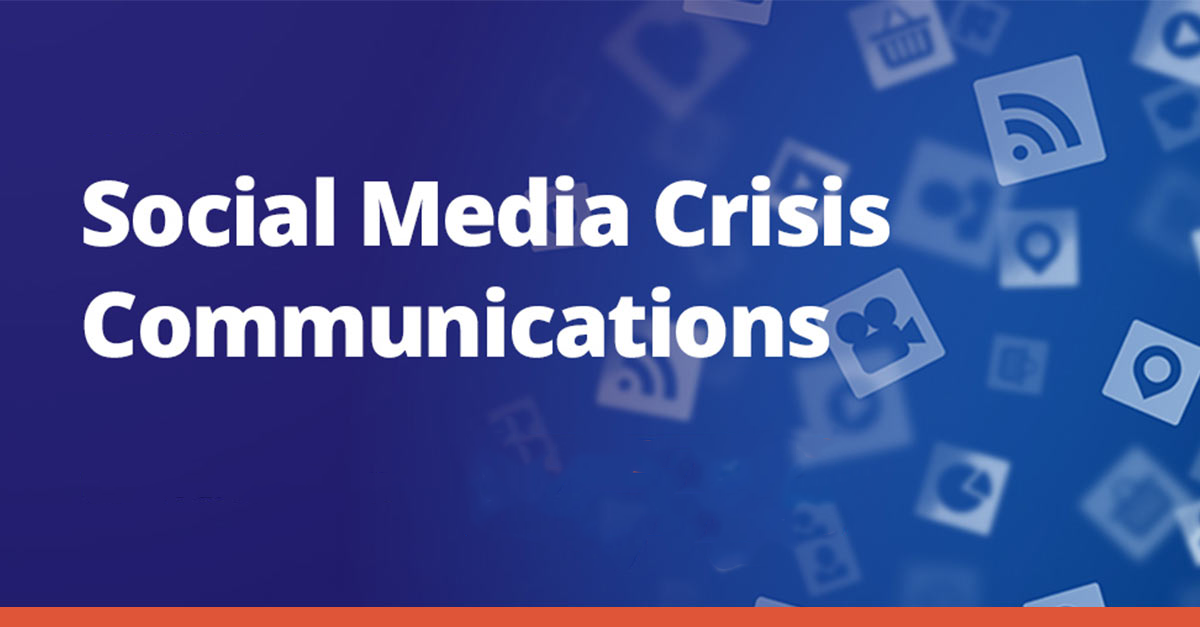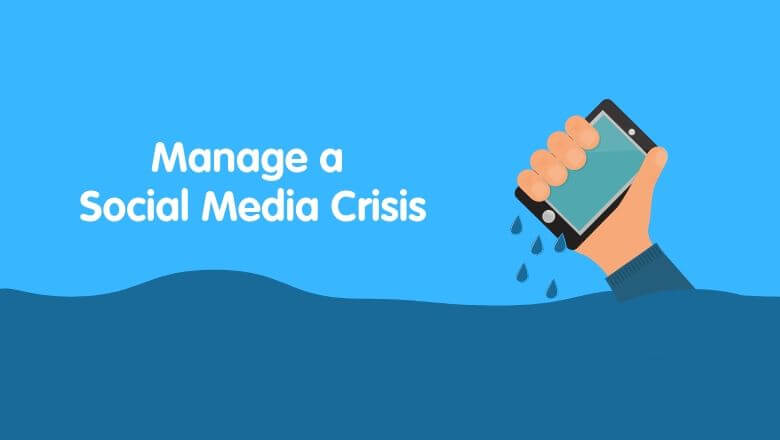Social Media Crisis Management
Social media crisis management refers to the process of strategically handling and mitigating the impact of negative events or controversies that arise on social media platforms. It involves a series of proactive measures and responses aimed at preserving an organization’s reputation, maintaining stakeholder trust, and resolving issues swiftly.
Key elements of social media crisis include:
- Preparation and Planning: Developing comprehensive crisis management plans that outline roles, responsibilities, and protocols for monitoring and responding to social media crises. This includes identifying potential risks and establishing communication strategies in advance.
- Real-Time Monitoring: Continuously monitoring social media channels, news outlets, blogs, and other online platforms to detect early signs of a crisis. Real-time monitoring enables organizations to respond promptly and effectively.
- Swift Response: Acting quickly and decisively to address the crisis. This may involve acknowledging the issue, providing accurate information, and offering solutions or apologies as necessary. Timely responses help mitigate the spread of misinformation and demonstrate transparency.
- Communication Strategy: Crafting clear and consistent messages tailored to different stakeholders, including customers, employees, media, and the public. Effective communication is essential for managing public perception and maintaining credibility.
- Engagement and Listening: Engaging with affected parties, responding to inquiries and concerns, and actively listening to feedback. This demonstrates empathy and a commitment to resolving issues.
- Monitoring and Adaptation: Continuously monitoring the situation as it evolves and adapting strategies based on new developments or stakeholder reactions. Flexibility and agility are crucial in navigating the unpredictability of social media crises.
- Learning and Improvement: Conducting post-crisis evaluations to assess the effectiveness of the response and identify areas for improvement. Learning from past experiences helps organizations refine their crisis management strategies for future incidents.
In summary, social media crisis management involves proactive planning, rapid response, effective communication, and continuous monitoring to protect and enhance an organization’s reputation in the face of social media challenges. It is a critical aspect of modern-day communications and requires strategic foresight and agility to navigate successfully.





